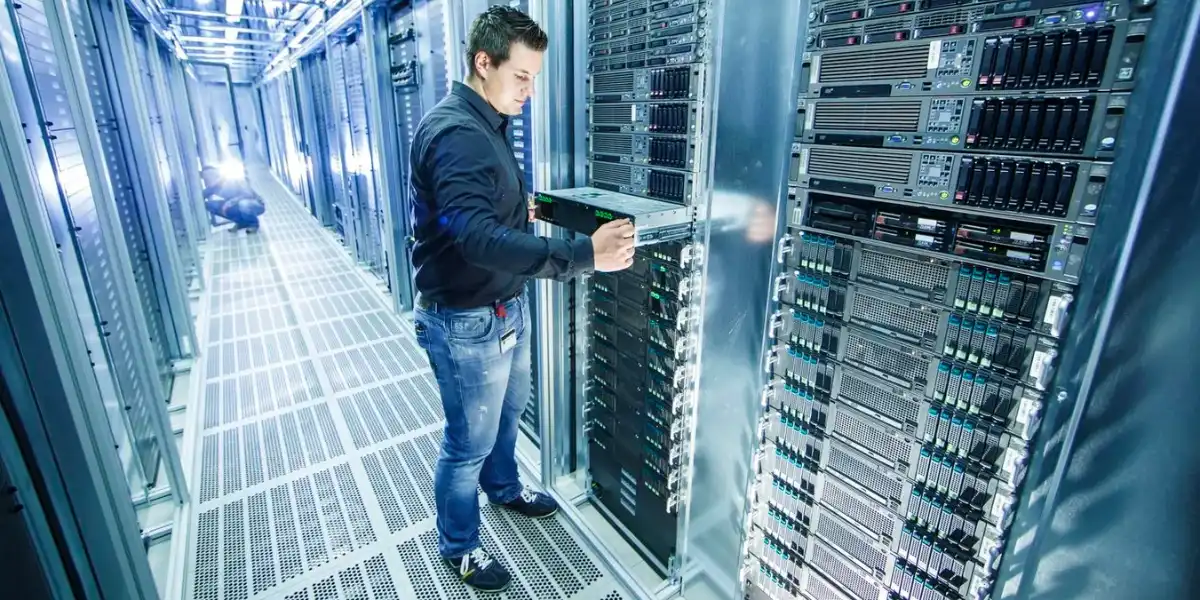
In today’s digital age, data is the lifeblood of business operations. From small startups to multinational corporations, efficient and secure file access and sharing are paramount. While traditional methods like File Transfer Protocol (FTP) have served their purpose, they come with limitations in terms of security, speed, and decentralization. Enter blockchain technology, the backbone of cryptocurrencies like Bitcoin and Ethereum, which is revolutionizing various industries beyond finance. In this comprehensive guide, we’ll delve into how blockchain is reshaping file access and sharing through decentralization, offering enhanced security, reliability, and accessibility.
Understanding the Limitations of Traditional FTP
FTP has been a staple for transferring files over the internet for decades. However, it has several drawbacks that hinder its effectiveness in today’s dynamic digital landscape:
Lack of Security Measures
Traditional FTP protocols lack robust security measures, making them vulnerable to cyberattacks and data breaches. Without encryption, sensitive information transmitted via FTP is at risk of interception and unauthorized access.
Centralized Architecture
FTP relies on centralized servers to store and manage files, leading to a single point of failure. If the server goes down or experiences technical issues, it disrupts file access and hampers productivity.
Limited Scalability
Traditional FTP solutions struggle to scale efficiently to meet the growing demands of modern businesses. As data volumes increase, FTP servers may become overloaded, causing delays in file transfers and access.
Harnessing Blockchain for Decentralized File Access
Blockchain technology, renowned for its decentralized and immutable nature, offers a viable solution to address the shortcomings of traditional FTP. By leveraging blockchain for file access and sharing, businesses can unlock a myriad of benefits:
Enhanced Security through Encryption
Blockchain employs advanced cryptographic techniques to secure data, ensuring end-to-end encryption for file transfers. Each transaction is cryptographically signed and recorded on a distributed ledger, making it tamper-proof and resistant to unauthorized alterations.
Decentralized Storage and Access Control
Unlike centralized servers used in FTP, blockchain-based file storage platforms distribute files across a network of nodes, eliminating single points of failure. Users retain full control over their data, with access permissions managed through smart contracts, enhancing transparency and accountability.
Improved Speed and Reliability
Blockchain-based file access platforms utilize peer-to-peer (P2P) networks for data transfer, enhancing speed and reliability compared to traditional FTP. By leveraging distributed storage and content delivery networks (CDNs), files can be accessed and retrieved quickly from geographically dispersed locations.
Cost-Effective Scalability
Blockchain technology offers cost-effective scalability, allowing businesses to scale their file storage and access infrastructure efficiently. With decentralized storage solutions, there’s no need for costly hardware upgrades or maintenance, reducing operational expenses.
Seamless Integration with Existing Systems
Blockchain-based file access platforms can seamlessly integrate with existing enterprise systems and applications, ensuring compatibility and interoperability. Whether it’s enterprise resource planning (ERP) software or customer relationship management (CRM) systems, blockchain solutions offer seamless integration options.
Regulatory Compliance and Data Governance
Blockchain technology facilitates compliance with regulatory requirements and data governance standards, ensuring data privacy and integrity. With audit trails and immutable records, businesses can demonstrate compliance with industry regulations such as GDPR and HIPAA, mitigating legal risks.
Future Trends and Opportunities
As blockchain technology continues to evolve, we can expect to see further innovation in decentralized file access and sharing. Emerging trends such as decentralized storage networks (DSNs), non-fungible tokens (NFTs) for digital assets, and decentralized autonomous organizations (DAOs) will shape the future of file management and collaboration.
Final Words
In conclusion, blockchain technology offers a transformative solution for decentralized file access, addressing the limitations of traditional FTP. By leveraging blockchain’s security, decentralization, and scalability, businesses can enhance data privacy, reliability, and accessibility. As organizations embrace digital transformation, adopting blockchain-based file access platforms will become imperative to stay competitive in today’s rapidly evolving business landscape.
Commonly Asked Questions
Q1: How does blockchain ensure data security for decentralized file access?
A1: Blockchain employs advanced cryptographic techniques such as encryption and digital signatures to secure data, ensuring end-to-end encryption and tamper-proof transactions.
Q2: Can blockchain-based file access platforms integrate with existing enterprise systems?
A2: Yes, blockchain-based file access platforms offer seamless integration with existing enterprise systems and applications, ensuring compatibility and interoperability.
Q3: What are the benefits of decentralized storage networks (DSNs) for file access?
A3: Decentralized storage networks (DSNs) eliminate single points of failure and offer enhanced security, scalability, and reliability compared to centralized storage solutions.
Q4: How does blockchain technology facilitate regulatory compliance for file access?
A4: Blockchain technology provides audit trails, immutable records, and transparent access control mechanisms, facilitating compliance with regulatory requirements such as GDPR and HIPAA.
Q5: What future trends can we expect in blockchain-based file access and sharing?
A5: Emerging trends include decentralized storage networks (DSNs), non-fungible tokens (NFTs) for digital assets, and decentralized autonomous organizations (DAOs), shaping the future of file management and collaboration.
Advertisement








